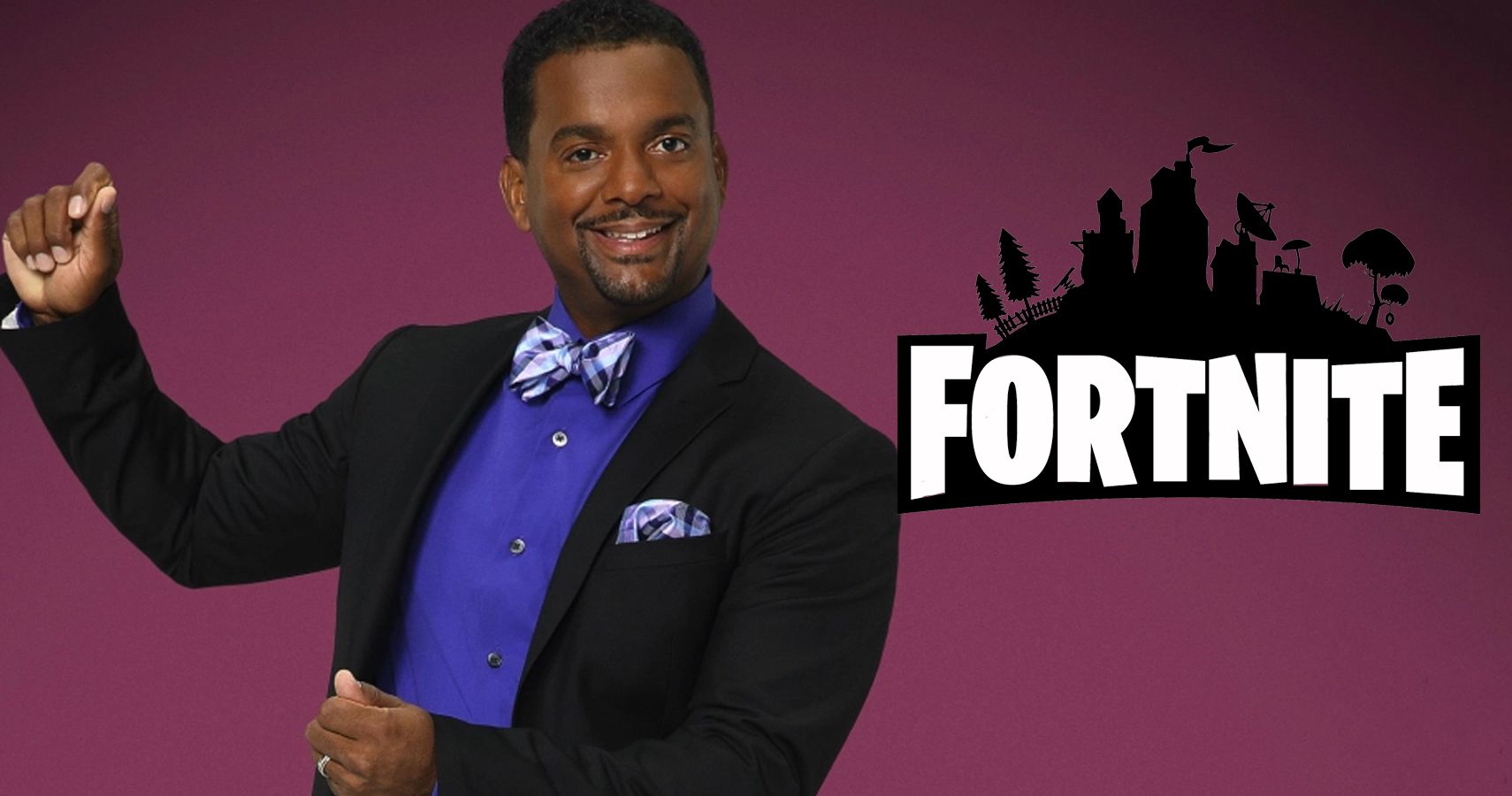Epic Games, the creator of popular battle royale title Fortnite, has been let off the hook for its usage of particular dances in its hit video game -- at least for the time being.
The developer had come under fire for the above, with former Fresh Prince of Bel-Air star Alfonso Ribeiro filing a lawsuit over his "Carlton Dance." Rapper Terrence Ferguson, AKA 2 Milly, Instagram personality Backpack Kid, and another video star, Orange Shirt Kid, had also filed suits of their own a few months back.
The four personalities sued Epic at different points in time, with 2 Milly being the first. They all claimed that the devs did not ask for their permission to use their dance moves and were profiting from the game without compensating them.
According to The Hollywood Reporter, however, the aforementioned parties have all dropped their lawsuits against the studio, but it is reported to be a "logistical pause of the proceedings."
PREVIOUSLY: How Free-To-Play Models Might Impact The Future Of Gaming
This development comes right in the wake of the Supreme Court's decision that, under the Copyright Act, a plaintiff cannot sue for copyright until the US Copyright office has either granted or refused a party's application for registration.
Last month, the office refused to register the Carlton Dance, as it believed that the dance was too simple to copyright. Given the recent ruling, all four claimants have been forced to drop their suits, as they have not yet been awarded copyrights.
Fortnite isn't completely out of the fire yet, though, as The Hollywood Repor states that this is simply a procedural setback and that claims could be filed again after registrations are sorted.
RELATED: How Free-To-Play Models Might Impact The Future Of Gaming
In Ribeiro's case, despite his request being denied, he could still pick the suit back up; as can 2 Milly, who had applications turned down twice late last year. As IP lawyer Ethan Jacobs puts it, the Copyright Office could be sued themselves. Additionally, as long as the Copyright Office responds to a request for registration, a lawsuit could still be filed, whether or not the application is upheld.
Meanwhile, attorney David Hecht, who represents all four parties, has indicated that the battle with Epic isn't over yet.
"We will continue to vigorously fight for our clients' rights against those who wrongly take their creations without permission and without compensation," he told The Hollywood Reporter in an email.
READ NEXT: Apex Legends Has Banned More Than 350,000 Cheaters Since Launch


